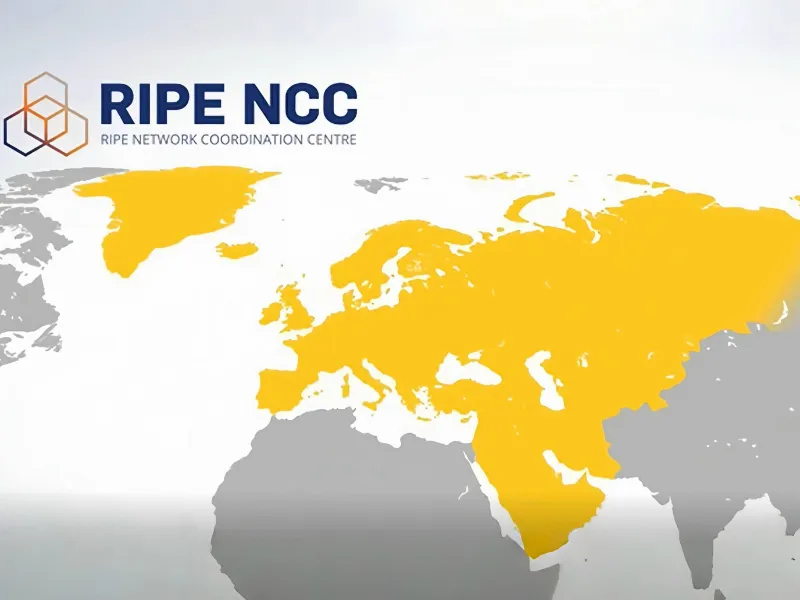- RIPE NCC has felt the need to reaffirm its commitment to neutrality and the principle of following internationally recognised standards.
- Representative Hsin-Hsin Chen of Taiwan expressed concern about the way Taiwan is designated in the RIPE NCC membership Directory.
OUR TAKE
How to refer to certain geographic regions and territories is a long-running problem for organisations caught between China and what it claims are its overseas terrirotories. RIPE NCC uses the internationally recognised ISO system, specifically the 3166-1 list to assign country codes to ensure consistency and impartiality in its database management. The ISO 3166-1 list is an internationally recognised standard that covers 76 countries and territories, including some areas of conflict and dispute.
–Zora Lin, BTW reporter
What happened
The RIPE Network Coordination Centre (RIPE NCC) issued a response to the Taipei Representative Office‘s concerns about Taiwan’s designation on its website.
In the letter, Taiwan representative Hsin-Hsin Chen expressed concern about the way Taiwan is designated in the RIPE NCC membership Directory and proposed alternative solutions to deal with the issue. RIPE NCC’s response was to say it is committed to neutrality and the principles of the internationally recognised standards of the ISO 3166-1 list.
While the term endorsement may have some use in the APNIC region, RIPE NCC stresses that the country codes and names it uses are based on ISO standards and should not be interpreted as a position on international recognition or political status.
RIPE NCC also states that changes to standards should be addressed by the bodies responsible for developing them.
Also read: RIPE NCC’s IPv6 course is now available in Ukrainian and Russian
Also read: Enlight and Supermicro unveil Asia’s first NVIDIA H200 AI computing centre in Taiwan
Why it’s important
This response highlights the need for organisation such as the Regional Internet Registries to commit to neutrality and consistency when dealing with internationally sensitive issues.
It makes sense to use ISO standards to maintain global consistency and avoid national bias. This emphasises the reliance on standardisation in global network management, ensuring fairness and transparency in the management of international network resources. Taiwan’s concerns also reflect the complexity it faces in international affairs.
RIPE NCC also highlighted the view that changes to standards should be handled by standard-setting bodies, further demonstrating its approach to standardisation in the face of complex issues such as international recognition and political status. This approach ensures uniformity in the management of network resources on a global scale and avoids the subjective intervention of individual organisations in international political issues.

